Self-care must be continuously practiced if we are to maintain a balance between our physical, mental, and spiritual health.
A great self-care activity that can be incorporated into your daily routine is journaling (or weekly, it is completely up to you). However, you might be thinking, "What exactly is journaling, and why should I give it a shot? Don't worry; we are here to give you some advice and helpful information so you can make the most of journaling.
What is Journaling?
Did you know there was a distinction between a daily journal and a diary? Many people don't see the difference, but by definition, a diary is a way to keep track of events as they happen. A journal, on the other hand, can take on any form and is considerably more personal. Simply put, a daily journal is a physical or digital space where concepts and objectives are developed.
By keeping a journal, you can arrange your ideas, list your objectives, make decisions about your life, and even begin to recover from past traumas. It's an incredibly effective tool that, when added to your daily routine, can bring about a variety of advantages.
Why Should Men Journal?
Even though many men may laugh at the idea of journaling, some of history's greatest thinkers, including Leonardo Da Vinci, Albert Einstein, Nikola Tesla, and Ernest Hemingway, kept daily journals. Not to mention the many advantages of journaling, which are well known.
One of the best advantages of journaling is that it makes you more accountable. You can monitor progress by listing your objectives in writing (or lack thereof). Imagine being able to celebrate how far you've come and the goals you've accomplished by reading back through earlier journal entries about previous objectives. Here are a few more reasons to keep a regular men’s journal in addition to accountability:
- Manages stress
- Gives you immortality
- Allows introspection and reflection
- Boosts your mood
- Improves memory
- Reduces symptoms of anxiety and depression
Choose Your Medium
The first thing you should choose if you want to start journaling regularly is where you want to store your thoughts. Journaling looks very different than it did in the past in this time of the "Digital Age." The real appeal of journaling is that you can tailor it to your particular needs and way of life. Pen and paper may be more convenient for some men, but there are countless other options (and can even include a combination of mediums). if digital media is more your style. If a paper journal isn't your thing, start with Evernote, Notepad, WordPress, and word processors.
On the other hand, let's say you prefer the traditional method of journaling with a pen and paper, in addition to the wide range of digital tools available for doing so, here are a few journaling styles you might want to take into account:
- Bullet Journaling: This option, created by digital product designer Ryder Carroll, is ideal for the goal-oriented individual who wants to organize a head full of ideas into concrete accomplishments.
- Morning Pages: This mode is more flexible than bullet journaling. It simply entails sitting down with a pen and notebook, starting to write, and not stopping until three pages have been completed. The goal here is to wean yourself away from the self-editing impulse that so frequently stifles authentic self-expression.
- One-Sentence Journaling: The one-sentence journal is ideal for those who lack the time to keep a daily journal (or just has a hard time maintaining a routine). This format is the easiest there is; all you have to do is write down one sentence that captures everything that stands out as significant about your day.
- Scrapbook Journaling: A scrapbook-style men’s journal is probably the best format for you if you're the kind of person who can't bear to throw away receipts, matchbooks, or concert flyers.
Read more: The Best Notebooks for Writing and Planning
Keep it Simple and Start Slow
We all know that because we have such short attention spans, it can be difficult to form new habits (especially in the era of social media). Because of this, it's crucial to start out slowly and set aside time each day for journaling. Start out slowly if you don't think you can commit to a regular journaling schedule. The idea is to gradually incorporate it into your daily routine, be it for five minutes here or seven minutes there. It makes no difference where or how you begin. A single page or even one sentence can be written. The development of this habit is what matters.
If you're having trouble keeping to a schedule for journaling, try doing it at various times throughout the day. You might even try writing in a different setting. Changing your surroundings can inspire creativity, stimulate your senses, and provide you with new ideas. Try writing in a novel setting to break up the monotony, whether it's on your balcony, in front of a café, or even at the dog park.
Create a New Habit
Try using the 21/90 method if you have trouble forming new, healthy habits. A new habit can be successfully formed after three weeks if you commit to a goal for 21 days straight. Congratulations! Don't stop there though; if you keep up this new behavior for an additional 90 days, it will become a part of your daily routine. Considering all of the aforementioned advantages of journaling, you might want to make it your new productive habit.
Not Sure What to Write About?
There are a few things you can do to help spark your creativity if you're having trouble writing in your daily journal or if you're just getting started.
Write about gratitude. Numerous advantages come from taking the time to express gratitude, including better sleep, a decrease in stress hormones, and even a longer lifespan. If you're having trouble coming up with something to write about, just take this opportunity to express your gratitude. Even more food for thought: It's even been said that the one trait that unites all successful people is their daily practice of gratitude.
Try using a daily prompt in addition to expressing gratitude. You can look them up online, but many men’s journals already have prompts written in them. You won't ever again experience writer's block thanks to this.
Set a Timer
It can be difficult to establish new routines, which is why we advise using a timer. The addition of a timer enhances mindfulness and discipline while, most importantly, setting a clear intention. Your goal is to write your thought for the specified amount of time during the allotted time. Concentration and focus are brought on by intention. Things can be made more manageable by concentrating on a single task for a set period of time.
Just Write
This one should go without saying: just write and let your thoughts flow. A stream of conscious writing is a great way to just clear your mind when you have a lot of thoughts racing through your head, often at once. But why would you want to write in a stream of consciousness manner? Now consider this: Do you ever feel overwhelmed by the concerns, queries, and to-dos that occupy your mind throughout the day? These thoughts can become too much for some people to handle, whether they experience them in the morning or right before bed.
Writing in a stream of consciousness is just writing whatever comes to mind. There aren't any rules for this; just put pen to paper and jot down whatever comes to mind. It's important not to rush the procedure. This type of journaling frequently brings a lot of subconsciously stored thoughts to the surface. This helps you not only heal but also gain understanding of things you might not even be aware you need.

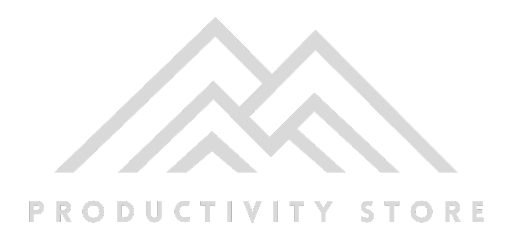

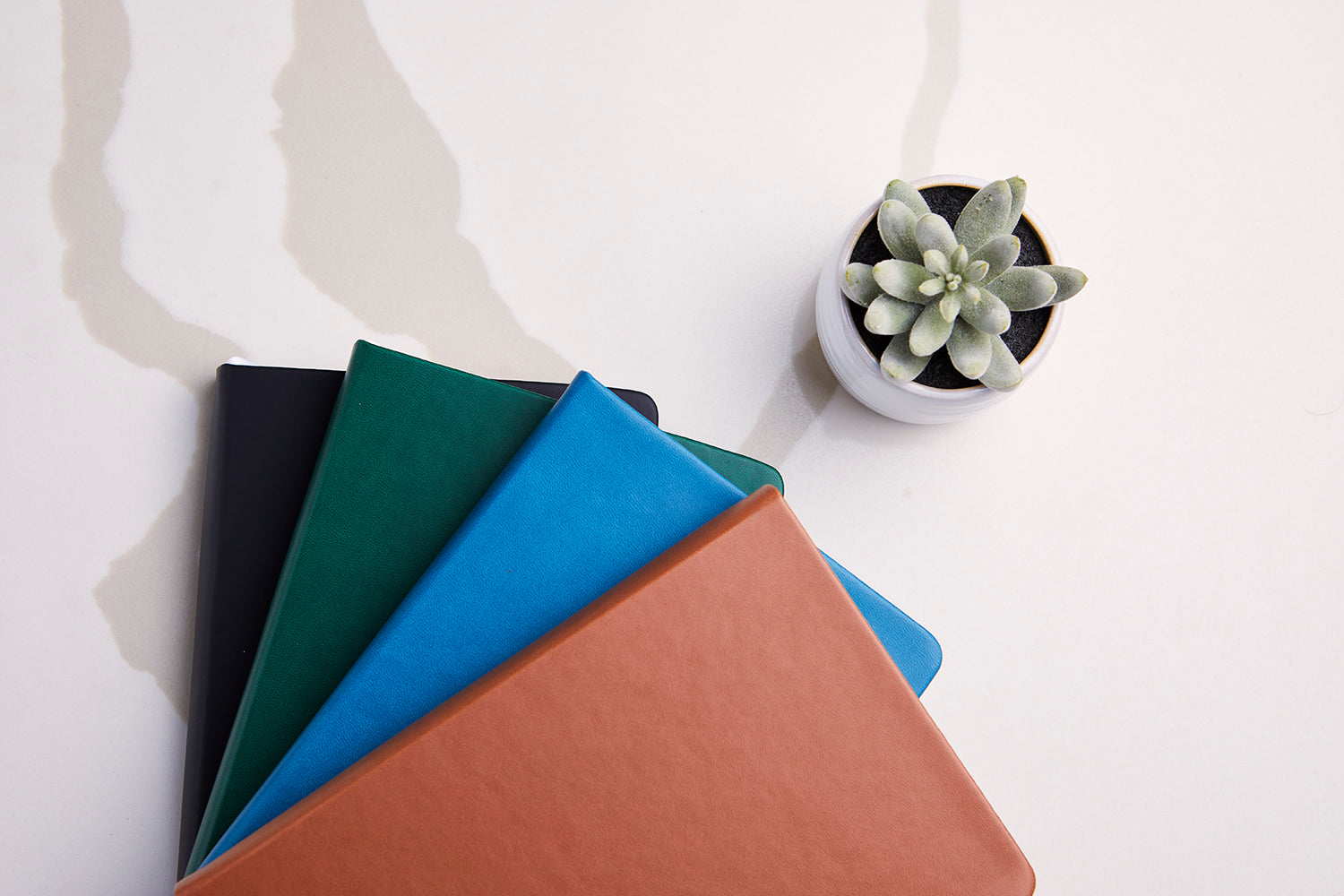

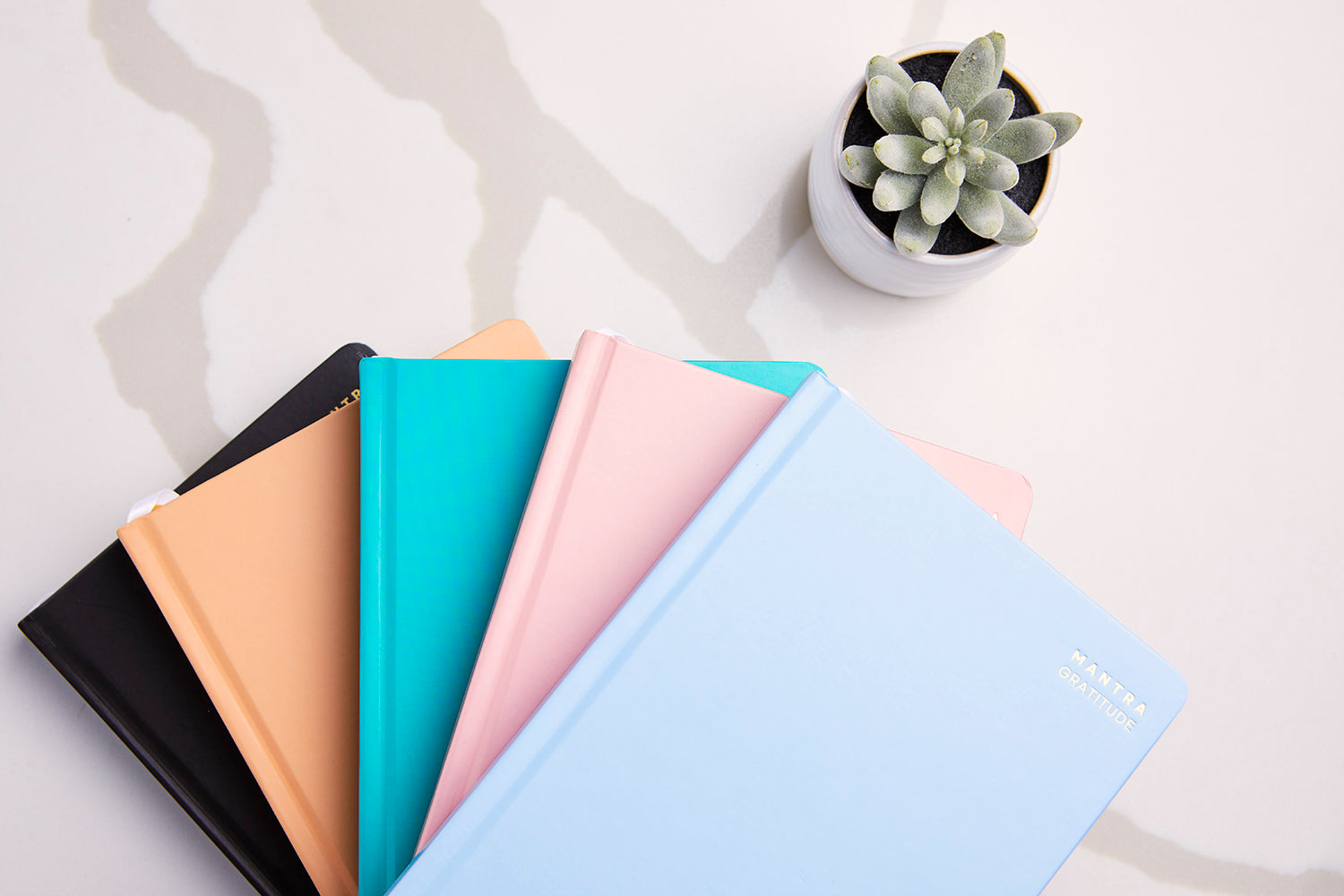

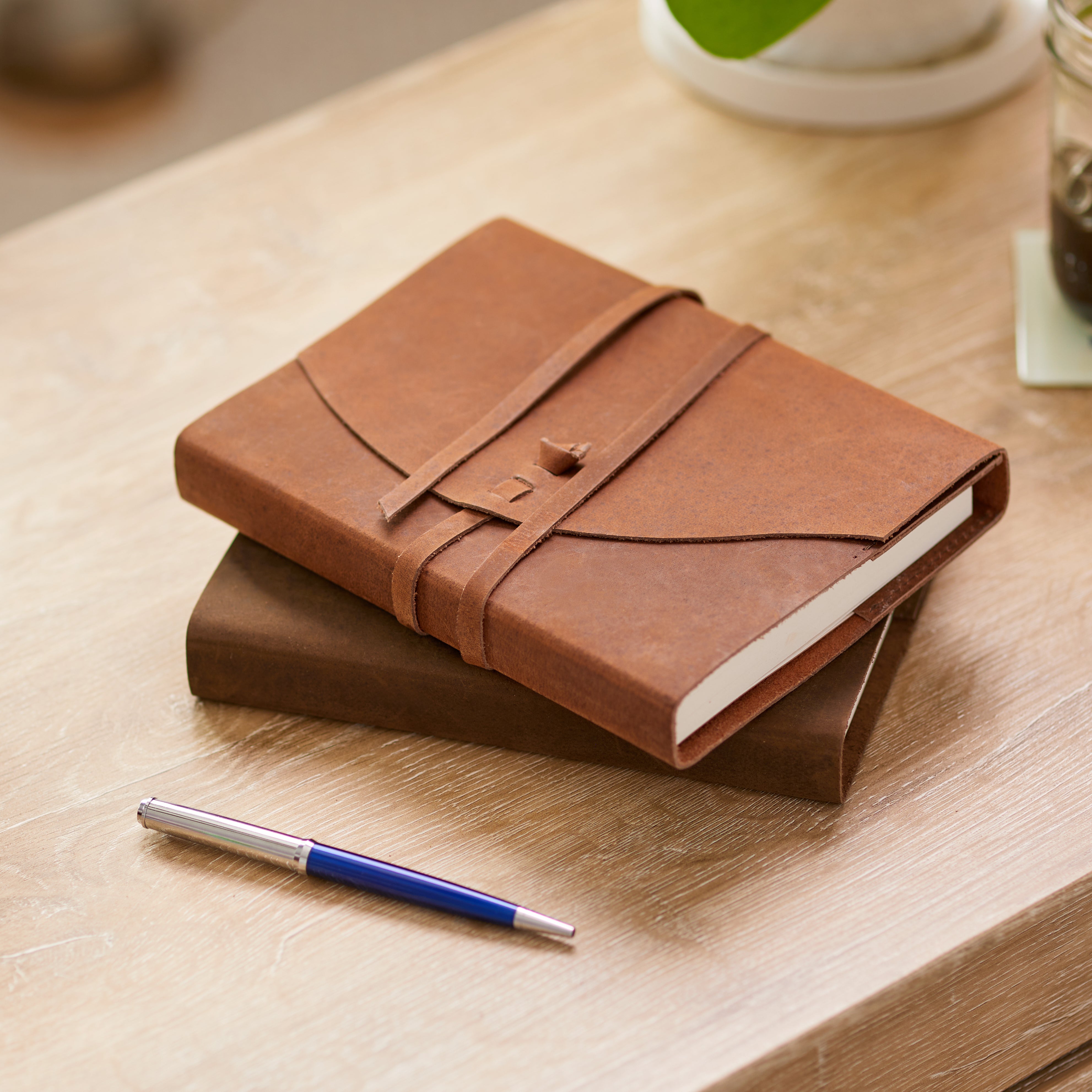
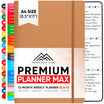

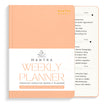



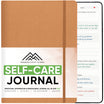
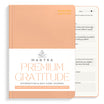

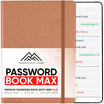
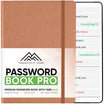


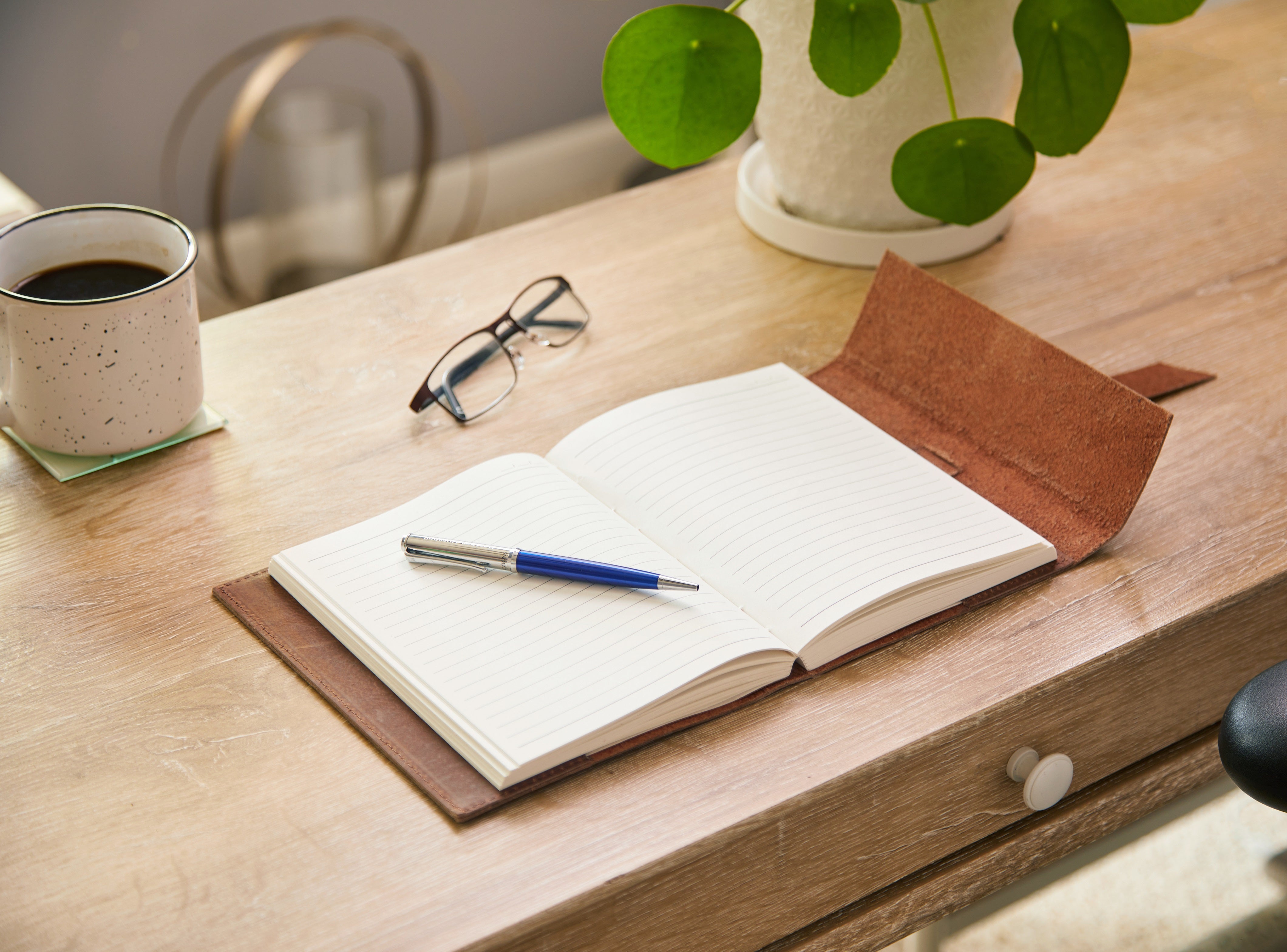

Leave a comment
All comments are moderated before being published.
This site is protected by hCaptcha and the hCaptcha Privacy Policy and Terms of Service apply.